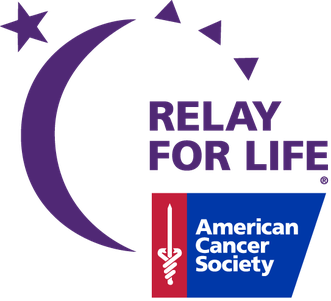Social support for cancer patients
1 in 3 women will be diagnosed with cancer in their lifetimes – rendering cancer and cancer treatment an integral part of almost everyone's lives. Increasingly, the psychological consequences of such an experience are of concern. My design team sought to understand the lives of women in and after cancer treatment.
My contribution to this team project:
conducted in-person user interviews
recruited patient groups and key stakeholders
hosted group co-design sessions
lead team synthesis and ideation sessions
prototype fabrication support
DESIGN RESEARCH
“When I was diagnosed, I had 32 different people walking with me regularly [to exercise]. Now, I have 3.”
“Cancer is a marathon, not a sprint.”
We met with cancer survivors, patient support groups, empathy experts, and friends of patients. In doing so we observed different ways cancer patients seek support, in person and online. The focus on quality support systems for cancer patients seemed, at times, an afterthought in the healthcare landscape.
We learned that, for many women, there is a tremendous onset of support when they are diagnosed. At first, people "come out of the woodwork", but then over time these women during treatment felt forgotten as their support systems dwindle, despite such a large initial turn out.
Through the WhatNext online platform, we saw this need area validated, with a host of passionate responses to our request for stories.
SYNTHESIS
We did hear many stories of support during patients' journeys. But we saw that support systems usually consist of practical gifts, not emotional experiences. The white space became apparent when we split those into gestures of support that are one-time-only, and those that are sustained throughout treatment. For one reason or another, putting together a meal train is more sustainable than maintaining a social connection.
DESIGN PRINCIPLES
To support our brainstorming, we came up with the following principles. Effective support should be:
Habitual: gifts that keeps on giving.
Small: little things are okay, great even, and can lower barrier to entry for supporters.
Personal: not pink-washed.
Specific: specific ways to support lower the burden of decision making for patients, and help supporters stay actionable.
Our found our ideas centering around sharing photos, memories, and messages – small gestures that can have big emotional impact, and that can be repeated over time.
PROTOTYPE TESTING
We ran a service prototype to test out the core concepts of our ideas – are photos and notes an engaging way to gather social support? Can we making sending photos and notes easy and fun again? Here's what some participants thought:
“I thought it was incredibly easy to use and didn’t require a lot of effort for the great impact that it is able to have!”
"I am so excited for [her] to receive her photo cards before we all head off in different directions for summer.”










